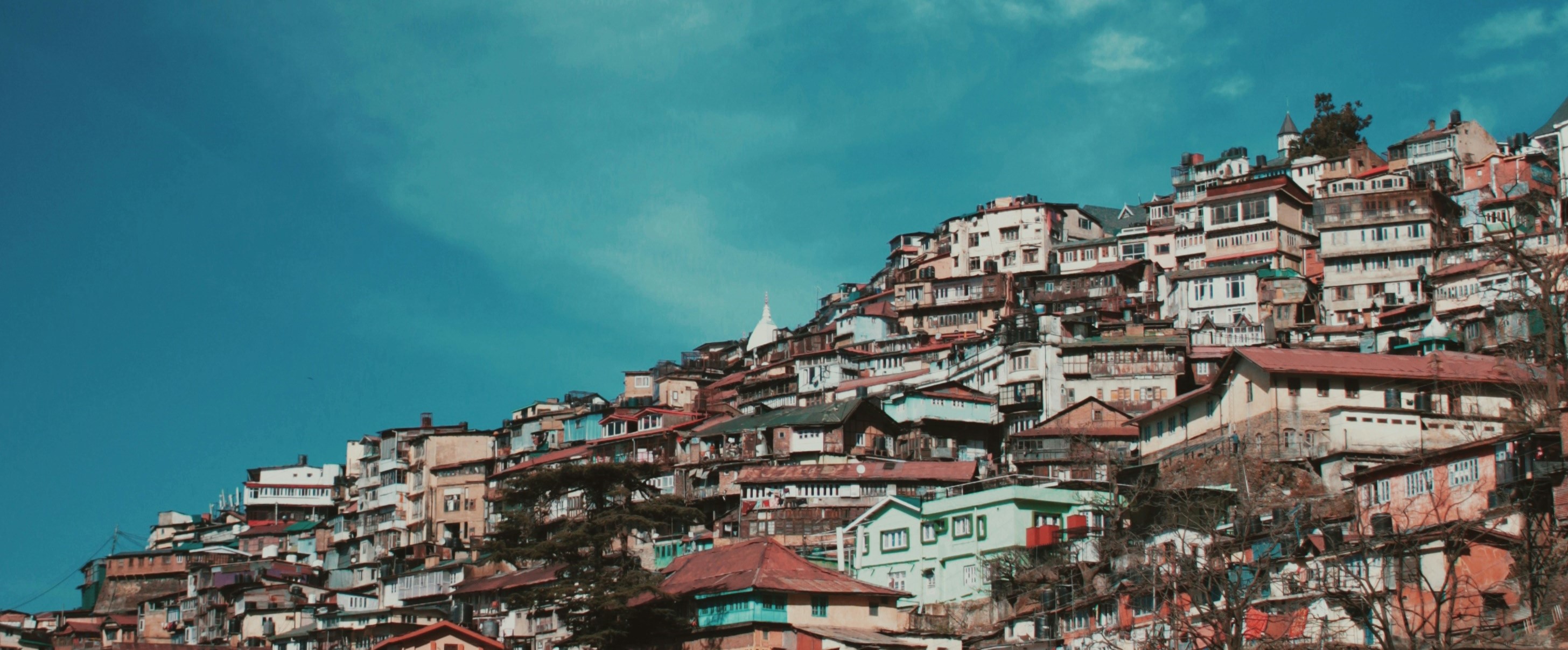From glass waste to wealth!
100% of our glass waste is transformed onsite in our Resort based in Oman. After collection, the glass is crushed, separated into different sizes, and melted into different shapes. We organize activities to educate our guests to recycle their own waste and create art, and we create new plates to be used in our restaurants. In 2023 we recycled 4,342 kg of glass this way.
Implementation Period
We started this initiative in 2022, it is ongoing as long as our Resort is open in order to guarantee 100% recycling rate for glass, reducing our waste sent to landfill by 15%.
Stakeholders and Partners
This is an internal project in our Resort, to support the local municipality to reduce waste sent to landfill.
How this initiative contributes to zero waste.
In the past, on average 5 tons of glass waste was sent to landfill. Today this number is at 0. 100% of our glass is transformed into arts for guests, plates for our restaurants, or used for construction onsite.
How this initiative contributes to the relevant SDGs associated targets.
Our long term goal is Zero Waste. We have created and implemented a waste management program in order to reach this goal, by identifying 10 different categories of waste that are segregated onsite, and recycled either by ourselves and expert third parties. By doing so we reduce the waste sent to landfill and the stress added to today and tomorrow's generations on waste volume, disposal, and the consequences that go along (disease, pollution of air, water and land...).
Themes
- Waste prevention
- Waste reduction
- Sustainable production and sector policy reform
- Consumer behavioural changes
- Circular economy and 9Rs1
- Sorting and Recovery
- Disposal
- Awareness and sensitization
Background, Challenges and Objectives
In Musandam Oman, to date, there are no government facilities to manage waste. Only a landfill where 100% of waste is sent, to be buried or burnt. At Six Senses Zighy Bay we are working to reduce our environmental impacts to the bare minimum, and acting towards zero waste is our most urgent goal. Given the lack of government support, we have invested ourselves into machines and equipment to allow us to collect, segregate and process all of our glass waste onsite, resulting with 0 glass waste sent to landfill. Amongst our other categories of waste recycled onsite we have food waste, landscaping waste, paper, cardboard, candles and soap. Some other categories such as used cooking oil, metal or electronic waste are collected and segregated onsite, before being sold to expert third parties for recycling.
Actions and Implementation
1. define a clear waste management program
2. create new areas to collect and segregate waste
3. define responsibilities amongst the team, train and monitor daily
4. process the waste
5. include Resort guests in the process to raise awareness and educate
6. welcome stakeholders such as members of the municipality, ministry of environment... to showcase this best practice in the region
2. create new areas to collect and segregate waste
3. define responsibilities amongst the team, train and monitor daily
4. process the waste
5. include Resort guests in the process to raise awareness and educate
6. welcome stakeholders such as members of the municipality, ministry of environment... to showcase this best practice in the region
Outcomes and Impacts
zero glass waste sent to landfill
4,342 kg of glass waste recycled onsite in 2023
5,669 kg of glass waste recycled onsite in 2022
The entire process was internalized, and successful due to our team commitment and consistency to collect, process and recycle this glass.
This is only one amongst several other examples of how can waste be diverted from landfill. Other Six Senses are investing in similar equipment and processes to reduce their impacts.
4,342 kg of glass waste recycled onsite in 2023
5,669 kg of glass waste recycled onsite in 2022
The entire process was internalized, and successful due to our team commitment and consistency to collect, process and recycle this glass.
This is only one amongst several other examples of how can waste be diverted from landfill. Other Six Senses are investing in similar equipment and processes to reduce their impacts.
Replicability and Scalability
This is only one amongst several other examples of how can waste be diverted from landfill. Other Six Senses are investing in similar equipment and processes to reduce their impacts.
This works well in remote location and developing countries. In some countries where Six Senses operates like Switzerland or Japan, the government provide such recycling facilities.
This works well in remote location and developing countries. In some countries where Six Senses operates like Switzerland or Japan, the government provide such recycling facilities.
Inclusive and Innovative
We engage regularly with government official to encourage them to develop new solutions in the area, using our best practices as an example of what can be achieved. We also hired a full time sustainability teacher to also share those practices in the local schools, and educate students on sustainable actions in their daily life to reduce waste at the source.
Accountability and sustainability
We track waste on daily basis as per our 10 categories. This data is compiled into monthly reports to help us track our CO2 emissions. We select new reduction targets on yearly basis, with updated action plans to reach those targets.
Budget and Resources Allocation
More than 20,000 USD was invested in the machines. We also need 1 full time host to look after the waste management program, equipment... Yearly maintenance is required and adds on average another 2,000 USD per year. However this is a team effort. For example the restaurants teams are accountable to segregating glass bottles in their outlets, and transporting them to the collection area. The sustainability supervisor in charge of waste management will crush the glass, and organize activities with guests to transformed this crushed glass into art.
Key Implementer Information


